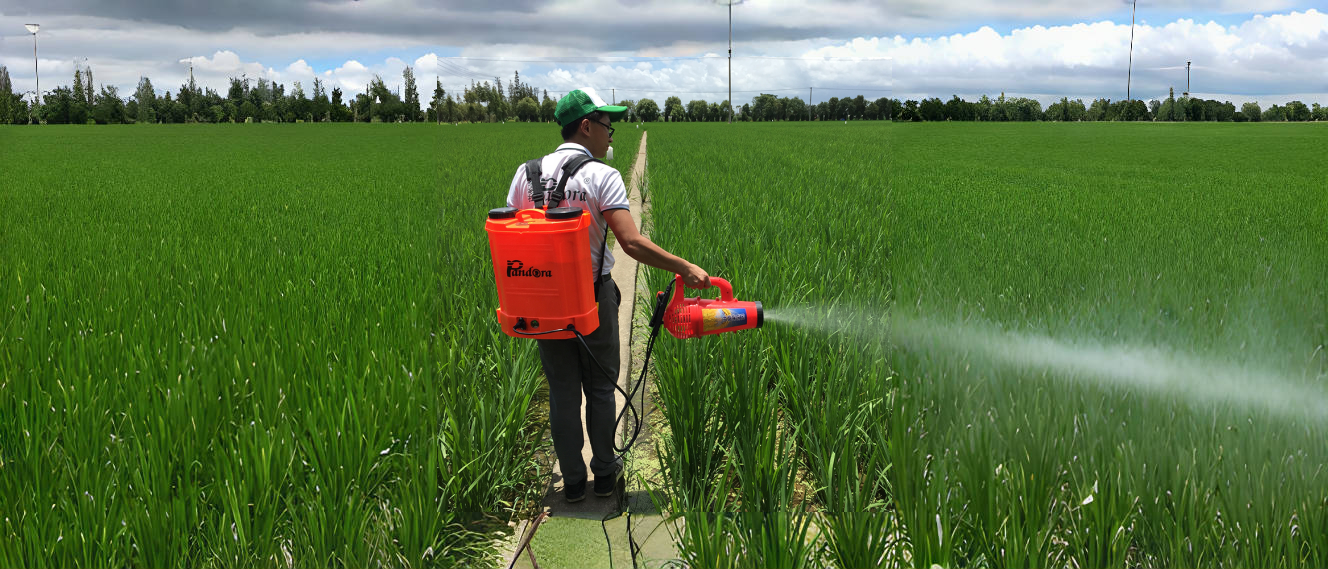How Do Battery-Powered Sprayers Work?
How Do Battery-Powered Sprayers Work?
The technology behind agriculture's most convenient spraying solution
Battery-powered sprayers are becoming increasingly popular in agriculture and gardening for their convenience and consistent performance. But how exactly do they work—and what makes them different from traditional manual sprayers?

What is a battery-powered sprayer?
A battery-powered sprayer is a spraying device that uses a rechargeable battery to power an electric motor, which drives a pump to pressurize liquid in the tank. This eliminates the need for manual pumping, making spraying tasks faster and less tiring.
How does it generate pressure?
Inside the sprayer, a small electric pump (usually a diaphragm or centrifugal pump) creates pressure by drawing liquid from the tank and pushing it through the hose and nozzle. The battery powers the pump continuously, ensuring steady pressure during operation.
Key Components
- Rechargeable lithium-ion battery
- Electric motor and pump assembly
- Pressure tank with safety valve
- Adjustable nozzle system
- Ergonomic carrying harness
What kind of batteries do they use?
Most models use 12V or 18V lithium-ion batteries, although some entry-level versions may still use lead-acid batteries. Lithium batteries are preferred for their lighter weight, longer life, and faster charging.
How long can a battery last?
Battery life depends on the battery's capacity (measured in Ah or amp-hours) and the sprayer's flow rate. A typical 12V 8Ah battery can support spraying for 3–6 hours on a full charge, covering large garden or farm areas without interruption.
Are there different spray modes?
Yes. Many battery-powered sprayers come with adjustable nozzles or multiple tips that offer fan, cone, or jet spray patterns. Some also include a pressure control switch to adjust the spray intensity for different applications—from delicate plant misting to high-pressure weed control.
What are the key benefits?
- Consistent spraying pressure
- Less physical fatigue compared to manual sprayers
- Faster coverage for larger areas
- Often includes battery indicators and safety switches
- Ideal for herbicides, pesticides, foliar feeding, and cleaning tasks
Where are they commonly used?
They're popular among small to medium-scale farmers, greenhouse growers, landscapers, and even for household disinfection. Their mobility and ease of use make them suitable for both agricultural and commercial applications.

Let us know if you need battery-powered sprayer solutions tailored to your farm or garden.
Related News
Related Products







